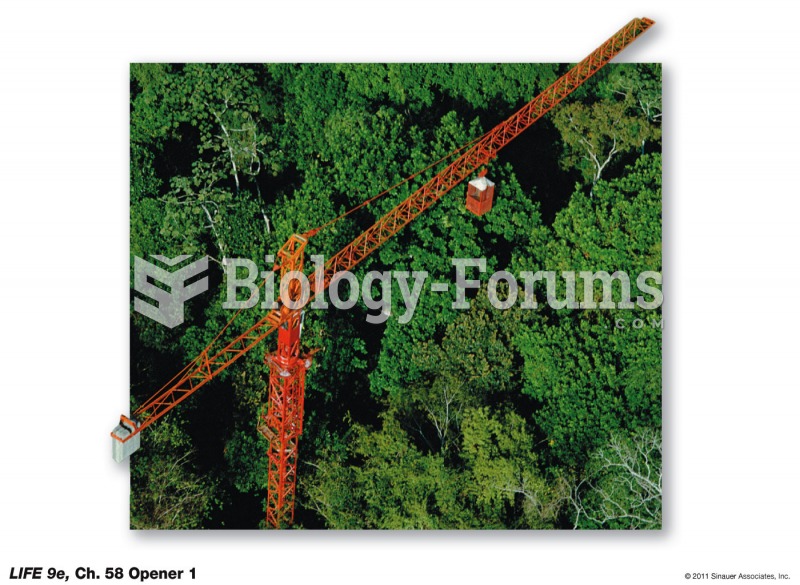|
|
|
HIV testing reach is still limited. An estimated 40% of people with HIV (more than 14 million) remain undiagnosed and do not know their infection status.
Bisphosphonates were first developed in the nineteenth century. They were first investigated for use in disorders of bone metabolism in the 1960s. They are now used clinically for the treatment of osteoporosis, Paget's disease, bone metastasis, multiple myeloma, and other conditions that feature bone fragility.
This year, an estimated 1.4 million Americans will have a new or recurrent heart attack.
Aspirin is the most widely used drug in the world. It has even been recognized as such by the Guinness Book of World Records.
The first oral chemotherapy drug for colon cancer was approved by FDA in 2001.







